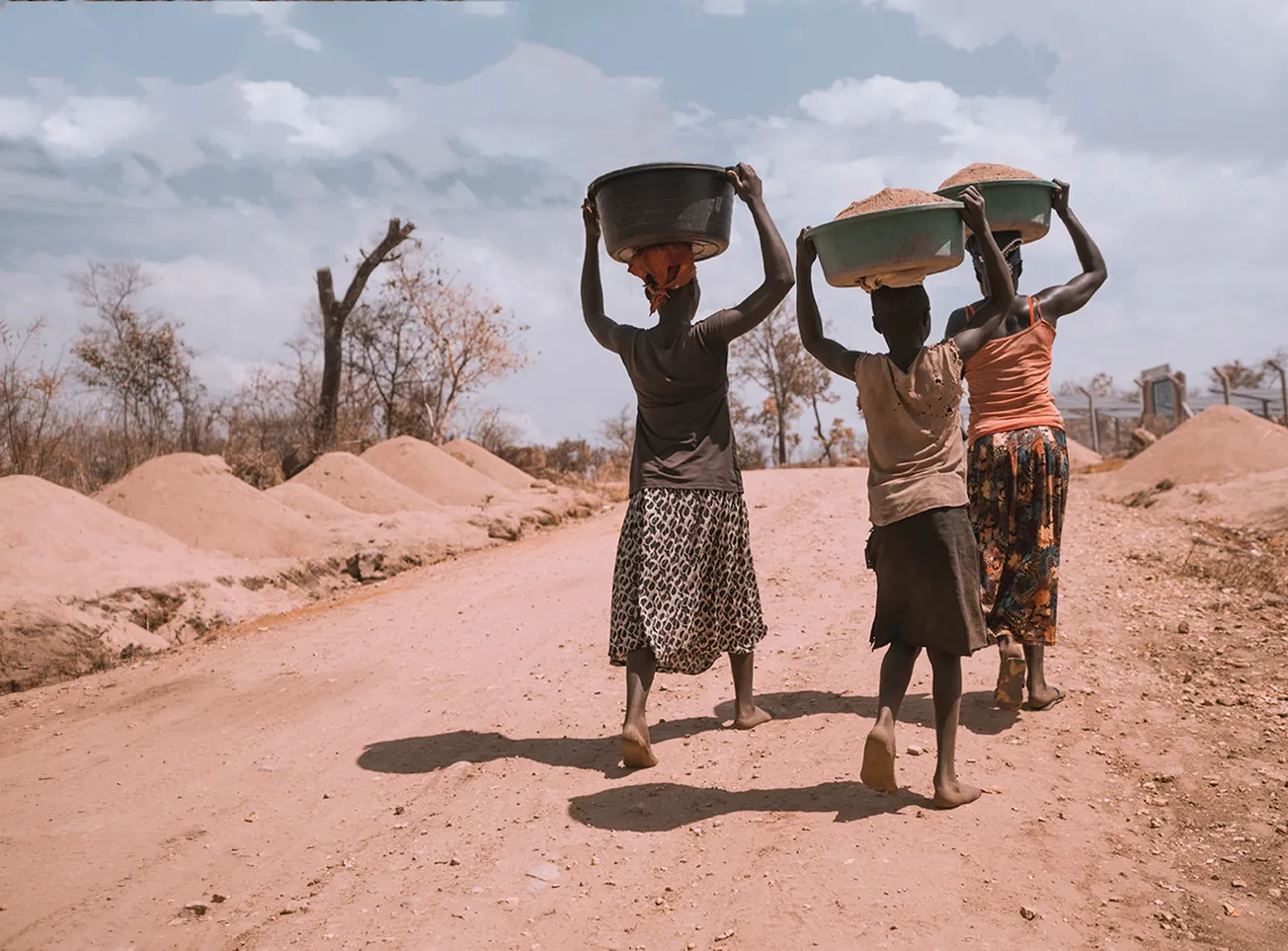Table of Contents
Mathew Otieno
Mathew Otieno is a Kenyan writer, blogger and dilettante farmer. Until 2022, he was a research communications coordinator at a university in Nairobi, Kenya. He now lives in rural western Kenya, near the shores of Lake Victoria, from where he’s pursuing a career as a full-time writer while concluding his dissertation for a master’s degree. His first novel is due out this year.
The US Agency for International Development (USAID) recently published its first policy on inclusive development, which seems set to condition aid on compliance with an LGBTQI+ agenda.
The new policy, according to the agency, “reiterates, guides, and reinforces USAID’s commitment, to championing LGBTQI+ inclusive development and the human rights of LGBTQI+ people.”
The document is a goldmine of the sort of meaningless drivel that has come to define the sector. It ranges from fluffy pandering, like the claim that “LGBTQI+ movements are driven by brave, smart, strategic, passionate, innovative, and resilient leaders in every region” to the downright laughable, like “an increase in LGBTQI+ persons’ legal rights is associated with an increase in real gross domestic product per capita of approximately $2,000.”
Part of me wanted to dismiss the new policy as a harmless bone tossed to satisfy the LGBT lobby’s constant yapping for attention. What’s a piece of paper among friends, after all?
But USAID is America’s main foreign-aid agency. It is responsible for half of the country’s annual foreign development and humanitarian assistance (almost US$40 billion in 2022 alone) and operates in almost all African countries. When it coughs, as the saying goes, the aid industry catches pneumonia.
Furthermore, at the beginning of its term, the Biden administration pledged, to much consternation, to promote exactly this kind of culturally insensitive and subversive foreign policy, giving the LGBTQI+ agenda pride of place. This policy, therefore, is neither isolated nor harmless; it is part of a grand scheme.
The question, then, is what this means for African countries that annually benefit from American aid. Though very few have formally protested the policy, perhaps because it hasn’t been heavily promoted just yet, it is undoubtedly opposed to their cultural sensibilities and laws.
America has the right to set its own conditions for its humanitarian assistance. It is America’s money, and America gets to decide to whom it goes. Recipients, if they really want it, get little wiggle room around such conditions, save for duplicity.
This is hardly controversial and it isn’t the bone of contention here. No sensible person would argue that America should throw taxpayers money at projects in foreign countries without, at the very least, putting measures to ensure such projects weren’t working against America’s own interests.
But this is exactly why such conditions must be very well thought out. Aid programmes are rarely one-sided, redounding only to the benefit of donor countries. Programmes like those supported by USAID also advance the economic and political interests of America around the world, as they were designed to do, and have done, since they began.
They are a clout-building tool, a way for America to develop and maintain goodwill and influence in African countries. They offer an entry point for American commerce into the continent and help funnel African talent and resources to America. In short, such programmes help America too.
And that is not all. No one forces America to give away its money. It chooses to do so, out of its own goodness. But for this claim of goodness to hold water, it must carry through all aspects of the giving process; a good heart recognises that it’s dealing with fellow human beings, with dignity and worth, and a way of seeing the world that does not necessarily conform to that of the giver.
Given this, one would expect American policymakers to be quite circumspect about hitching foreign aid to the side of a movement that’s still highly controversial, even at home. For, by doing this, they would risk signing away a lot of hard-won goodwill, both abroad and at home, at a time when America could use as many friends as it can get on the global stage.
In fact, it is partly for this purpose that the USAID was originally intended to be as controversy-free as possible. An independent federal agency, unshackled from the jockeying of executive departments, it was insulated from the more partisan aspects of the American government.
But alas, we don’t live in a sensible world anymore, and policymakers have gotten either so cowardly, or so hapless, that they are willing to dismantle goodwill that has been built over decades to satisfy the demands of a teeny-tiny minority, whose problems have nothing to do with USAID’s mission.
In the process, they have dragged a programme that was hitherto largely benign into the maelstrom of the culture wars. In the same week the policy was released, a group of lawmakers, led by Matt Gaetz of Florida, introduced legislation to defund and abolish USAID. It may not pass, but it is a shot across the bow.
In the midst of all this are African HIV patients, refugees and schoolchildren, among other needy folk, who couldn’t care less about pronouns and sexual orientations. They will be the biggest losers in this affair. But America wouldn’t be much better off. It could lose its soul.









